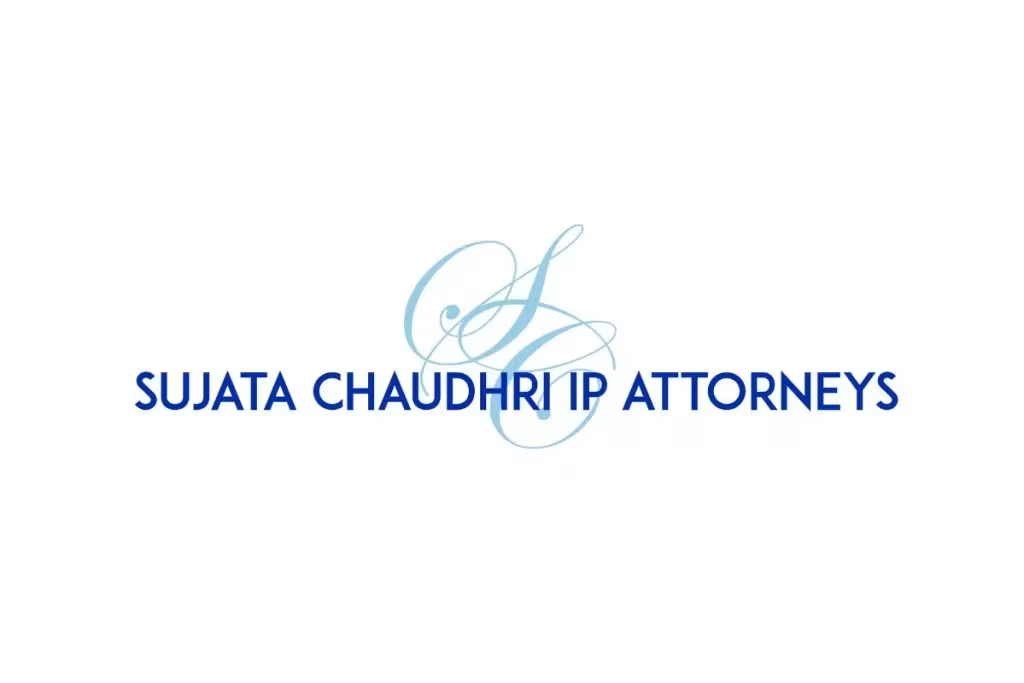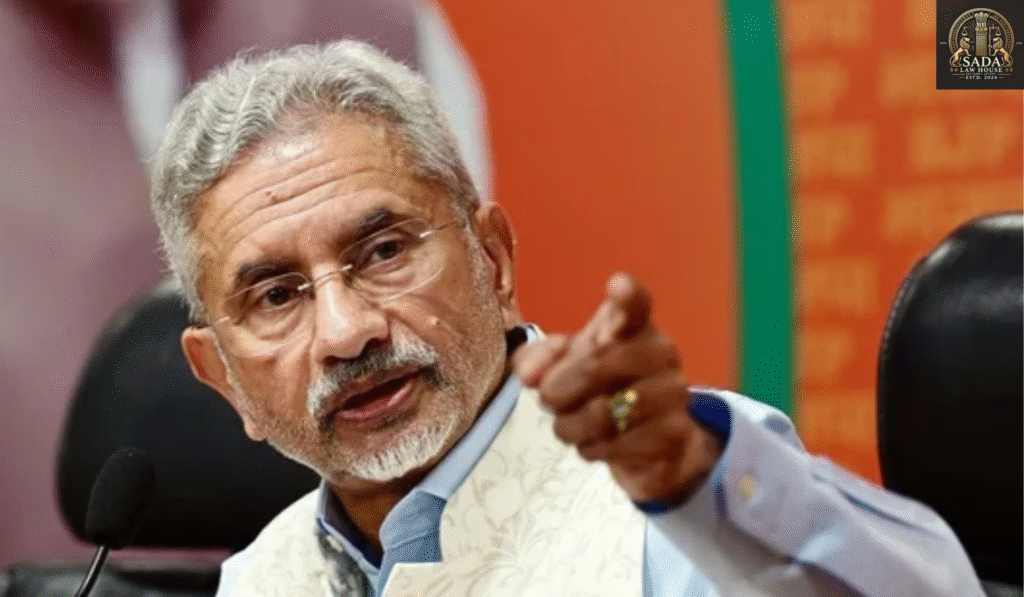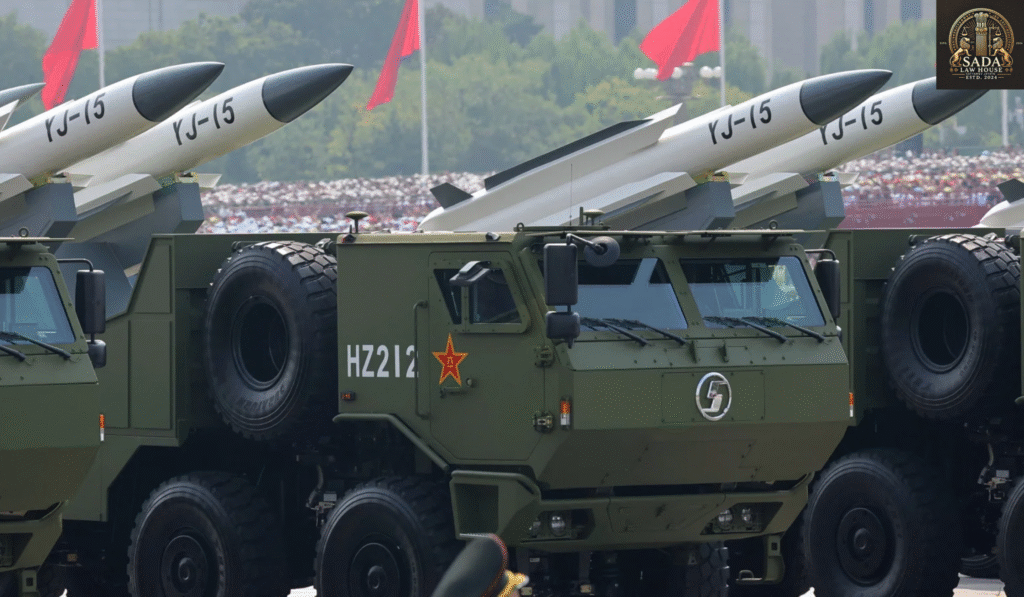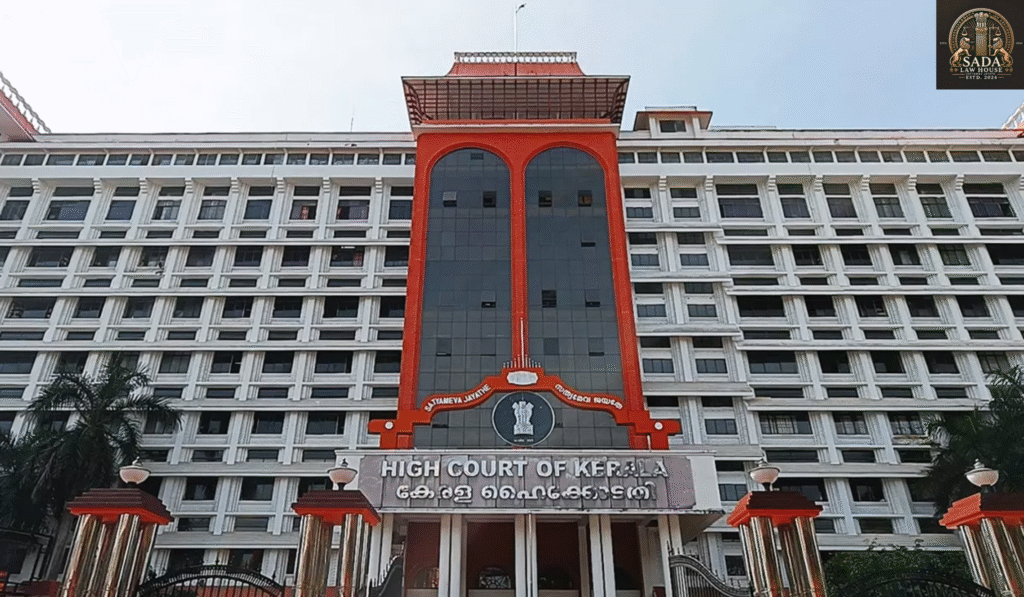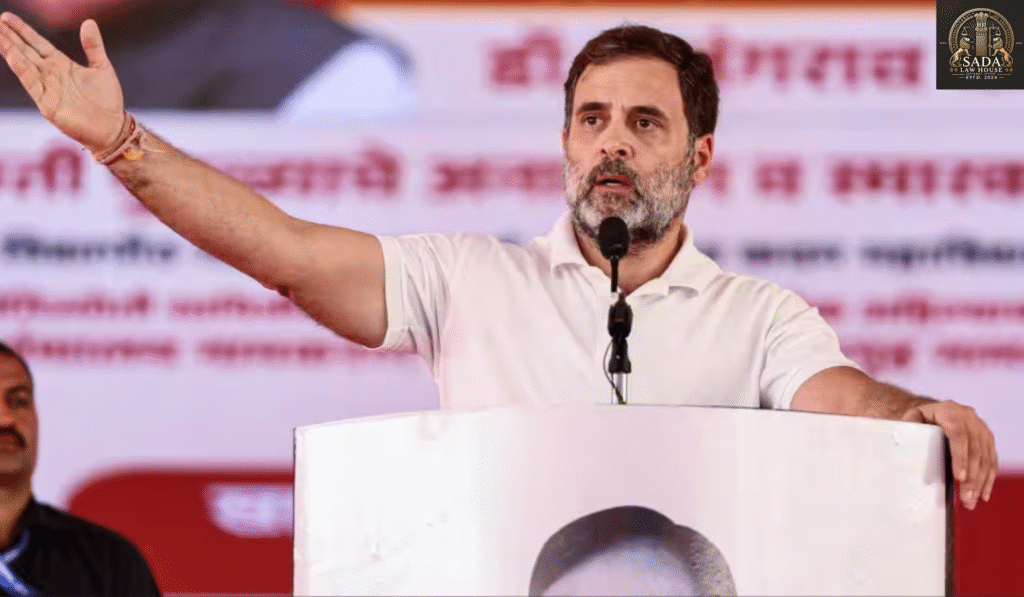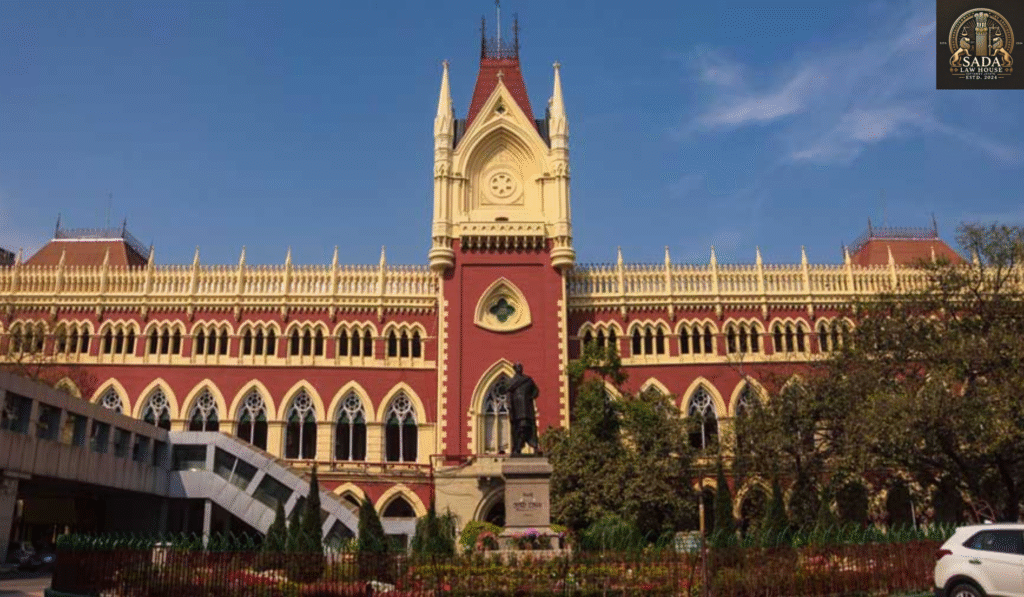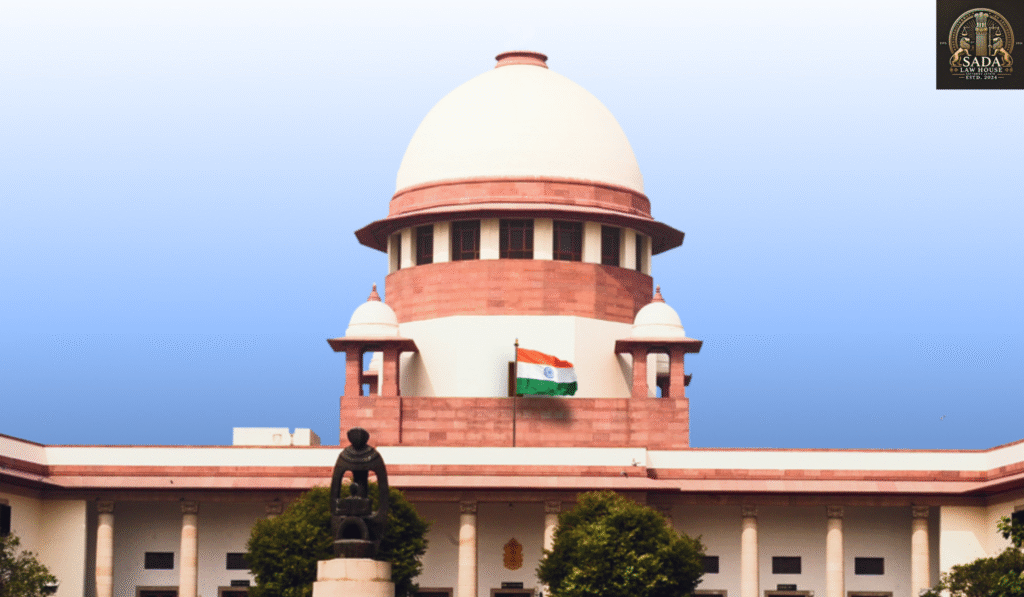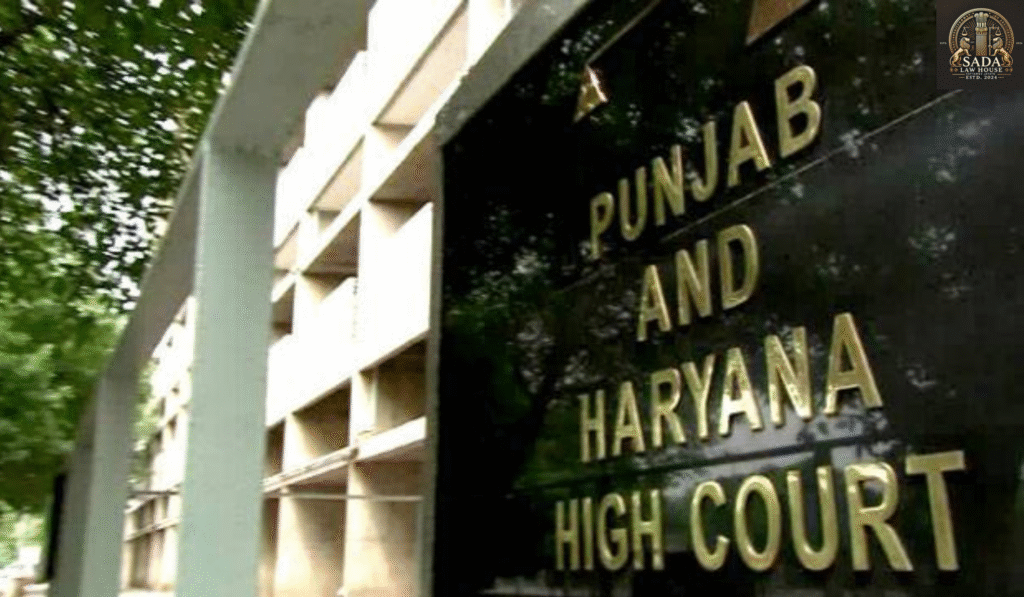Trending Today China Unveils Military Might: Nuclear Triad, Hypersonic Missiles & Robot Wolves Kerala High Court Seeks Clarification from Travancore Devaswom Board on Funding of Global Ayyappa Sangamam Remarks About Sikhs: Allahabad High Court Reserves Verdict on Rahul Gandhi’s Plea Looking for Another Job, Even With Rival Company, is Basic Right of Employee: Calcutta High Court Presidential Reference on Governors’ Deadlines: Supreme Court Hearing (Day 7) P&H High Court Permits ED to Access Information Shared by France with IT Department in Amarinder Singh Case Indonesia’s Protests Persist as Authorities Clamp Down and Cases of Missing Persons Rise LEGAL JOB OPPORTUNITY AT PERITUM PARTNERS LEGAL INTERNSHIP OPPORTUNITY AT QWICK JUSTICE LEGAL JOB OPPORTUNITY AT AEQUITAS JURIS LAW FIRM China Unveils Military Might: Nuclear Triad, Hypersonic Missiles & Robot Wolves Shivani Garg September 3, 2025 Introduction China’s Victory Day parade on September 3, 2025—marking the 80th anniversary of Japan’s WWII defeat—turned into a showcase of cutting-edge military capability. Far from symbolic, the parade projected Beijing’s nuclear readiness, technological innovations, and future-oriented warfare strategy. Key Highlights of the Parade 1. Nuclear Triad & Hypersonic Strike Capability For the first time, China publicly displayed its complete nuclear triad: Air-launched JL-1 missiles, Submarine-launched JL-3s, and Land-based ICBMs such as DF-61 and DF-31. The move placed China among the limited group of states openly demonstrating full-spectrum nuclear deterrence. Advanced hypersonic and anti-ship missiles of the YJ-series (YJ-15, YJ-17, YJ-19, YJ-20) highlighted China’s capacity to penetrate traditional defenses and project power across the Indo-Pacific. 2. Unmanned Technologies & Robotic Warfare The futuristic centrepiece: robotic “wolf” drones—quadruped machines capable of reconnaissance, supply delivery, and potential precision strikes. Additional unmanned assets included: AJX-002 underwater drones, Expanded aerial drones, and Dedicated cyber units. These underscored China’s determination to integrate autonomous warfare platforms into its defense doctrine. 3. Strategic Messaging & Global Posturing High-profile foreign leaders including Vladimir Putin and Kim Jong Un attended, amplifying the parade’s geopolitical weight. Xi Jinping’s speech projected China as: A technologically sophisticated military power, A key architect of a “new world order,” and A strategic counterbalance to the United States and its allies. Analysis Nuclear Transparency as Deterrence – Publicly unveiling the triad signals China’s readiness to compete with U.S. and Russian nuclear capabilities. Shift Toward Unmanned Warfare – Robotic and drone-based systems highlight China’s future battle doctrine where autonomous machines supplement or replace humans. Geopolitical Signaling – Inviting Moscow and Pyongyang leaders conveys Beijing’s intent to solidify an alternative power bloc against Western alliances. Conclusion China’s 2025 military parade was less about celebration and more about projection of power and deterrence. By revealing its nuclear triad, hypersonic capabilities, and robotic warfare systems, Beijing delivered a message of both strategic parity and futuristic ambition. The demonstration reinforces China’s intent to shape global security architectures and challenge U.S.-led dominance in the Indo-Pacific. Leave a Reply Cancel Reply Logged in as Sada Law. Edit your profile. Log out? Required fields are marked * Message* Live Cases China Unveils Military Might: Nuclear Triad, Hypersonic Missiles & Robot Wolves Sada Law • September 4, 2025 • Live cases • No Comments Kerala High Court Seeks Clarification from Travancore Devaswom Board on Funding of Global Ayyappa Sangamam Sada Law • September 4, 2025 • Live cases • No Comments Remarks About Sikhs: Allahabad High Court Reserves Verdict on Rahul Gandhi’s Plea Sada Law • September 4, 2025 • Live cases • No Comments 1 2 3 … 5 Next »

